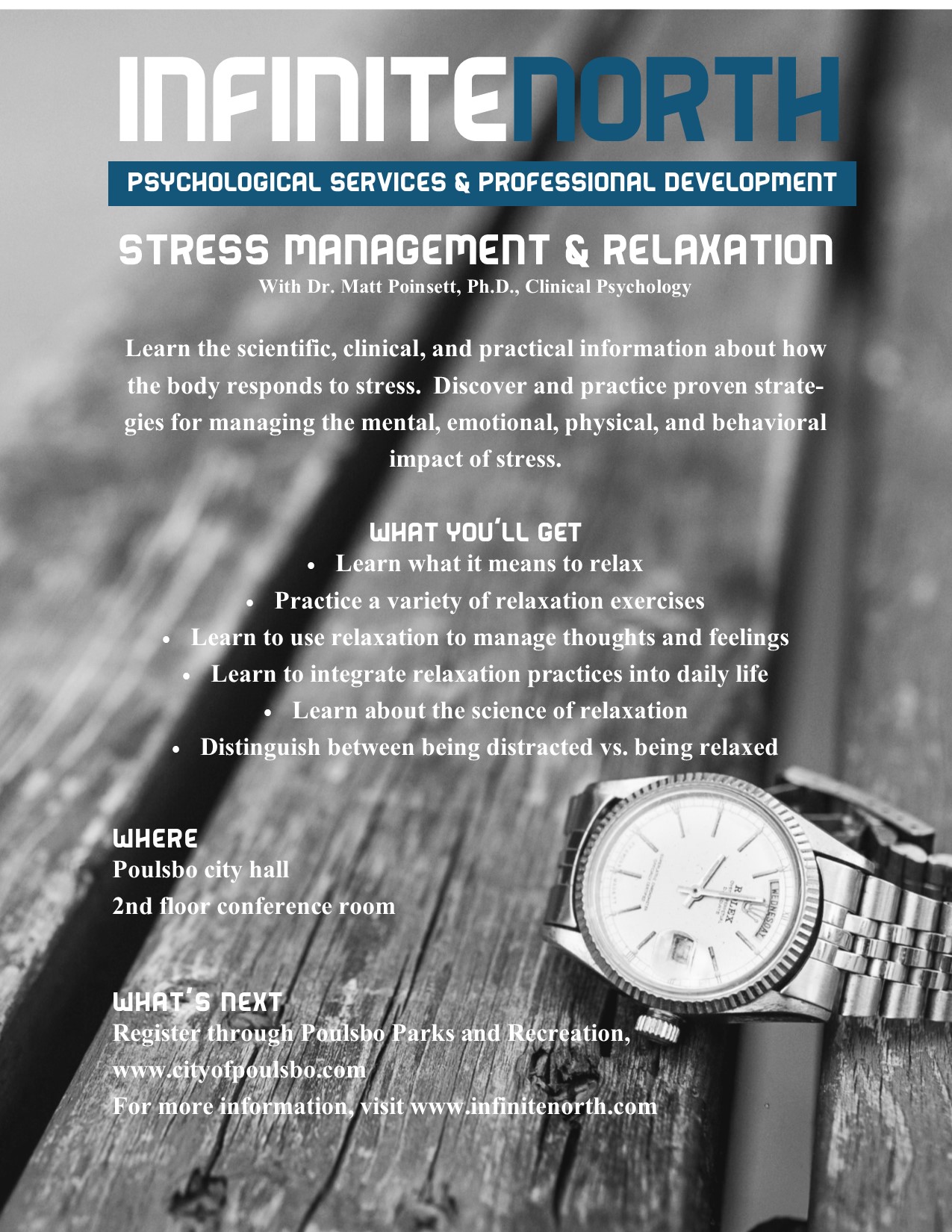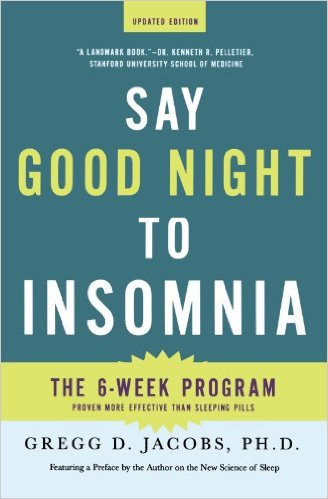My perspective on mental health continues to move further and further from the traditional medical model. Identify symptoms, track causes, treat the disease – repeat. I’m a much bigger believer in a preventative health model, the model that states we can avoid many illness and recover faster from the ones we do encounter IF we are taking good care of ourselves along the way. The preventative model, while not actively implemented, is universally accepted. I don’t know anyone that argues against the idea that regular exercise and a healthy diet can prevent many diseases and improve recovery rates for many others.
It’s important here to distinguish between being mentally and emotionally fit and being happy. These are two extremely different things. Happiness is a impermanent emotional experience. Fitness is a slow-to-change state of being. In the course of building and maintain fitness in this realm, I’m confident that there will be increasingly more opportunities to feel happy. However, just like being tired one day doesn’t mean you’re not physically fit, being sad or anxious one day (or a few) doesn’t mean that you’re not mentally/emotionally fit.
Things are more clear with physical well-being. Everyone knows that smoking cigarettes, consuming excessive alcohol, and subsisting on Doritos and Mountain Dew may have serious health impacts. No one expects to be healthy when they consistently avoid healthy behaviors and engage in unhealthy behaviors. No one is surprised when their doctor tells them that regaining health will require a change in lifestyle – consistent, long-term changes in diet and exercise. We all accept the fact that physical fitness comes through committed effort.
It’s the same for our mental and emotional fitness. It’s just harder to see.
Many people fall into patterns of mental and emotional sabotage then lament their lack of contentment. They engage in unhealthy behaviors every single day then honestly wonder why they don’t feel mentally and emotionally well. They judge, criticize (themselves and others), focus on the worst part of their day, build walls of righteous anger, fill the world with blame and shame, fail to communicate assertively, ignore their feelings, neglect boundaries, compromise their values, and passively watch life go by….then they complain about not being happy.
It’s the equivalent of someone watching their twelfth straight episode of “House of Cards” on Netflix, finishing off a pack of cigarettes, and washing it down with the last swallow in two-liter of Mountain Dew and pondering, “Why isn’t my body in peak physical condition right now?” It sounds a little silly, but many people expect mental and emotional well-being without the work. They expect fitness without committed effort or significant changes. To be fair, it can be easy to mistake moments of happiness with genuine emotional fitness. Unfortunately, it’s a costly mistake that allows people to justify a wide variety of strategies for exercising mental fitness.
The same way poor physical health makes physical injuries more likely and recovery more difficult, poor mental and emotional fitness can make people more prone to mental health “injuries” – diagnostic levels of depression, anxiety, substance use, etc. as well as making recovery from those illnesses more challenging.
Now, physically fit people still fall ill and suffer some of the same maladies as those less concerned with physical health. They can still suffer from heart attacks, broken bones, and pneumonia. Mental illness is no different. Practicing mindfulness, exercising gratitude and compassion, engaging in values-based living, and working to maintain a healthy mental outlook doesn’t guarantee mental well-being. Nothing can completely protect you from illness. Mental and emotional fitness is about quality of life before, during, and after those illnesses.
So what’s it take to get fit? The guidelines for physical fitness have been well defined. According to the World Health Organization, adults benefit from spending at least 150 minutes per week engaging in moderate-intensity activities. That’s 30 minutes five times per week, roughly 1.5% of your time each week. Let’s apply the same standard to mental and emotional fitness. Spend approximately 150 minutes per week actively engaged in becoming mentally and emotionally fit. Whether that means meditation, writing a letter of gratitude, challenging distorted thoughts, practicing compassion, or seeing a therapist – carve out 1.5% of your weekly schedule and prioritize your emotional well-being. Get fit.
As a therapist, people usually come to me after they recognize an illness. The preventative piece is gone in terms of the present struggle. I’m the cardiologist that meets the patient for the first time after the heart attack. Not ideal, but it’s a place to start. If I have the opportunity to work with someone on developing skills, building strategies, and creating a life-style, I’ve got a chance to help them get fit, to help them avoid (or lessen) future illnesses, to help them enjoy life a little more. I’m grateful for that opportunity.





